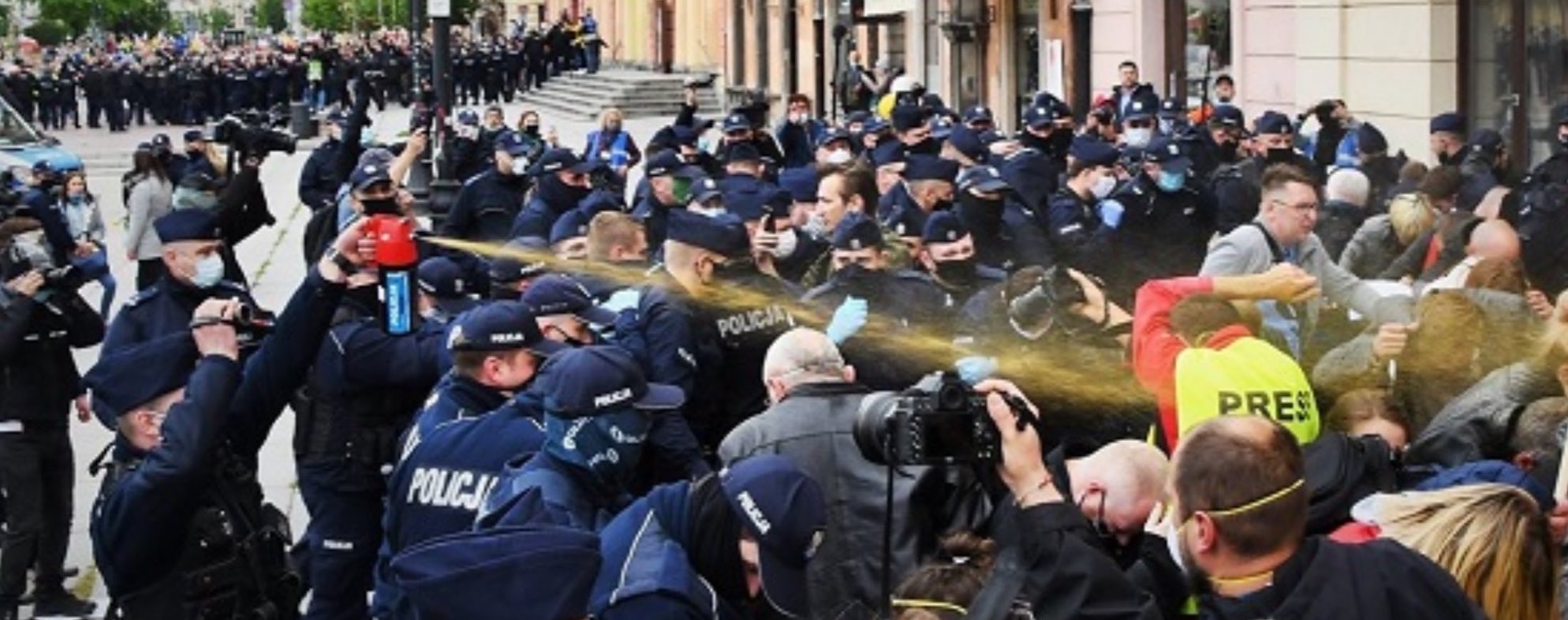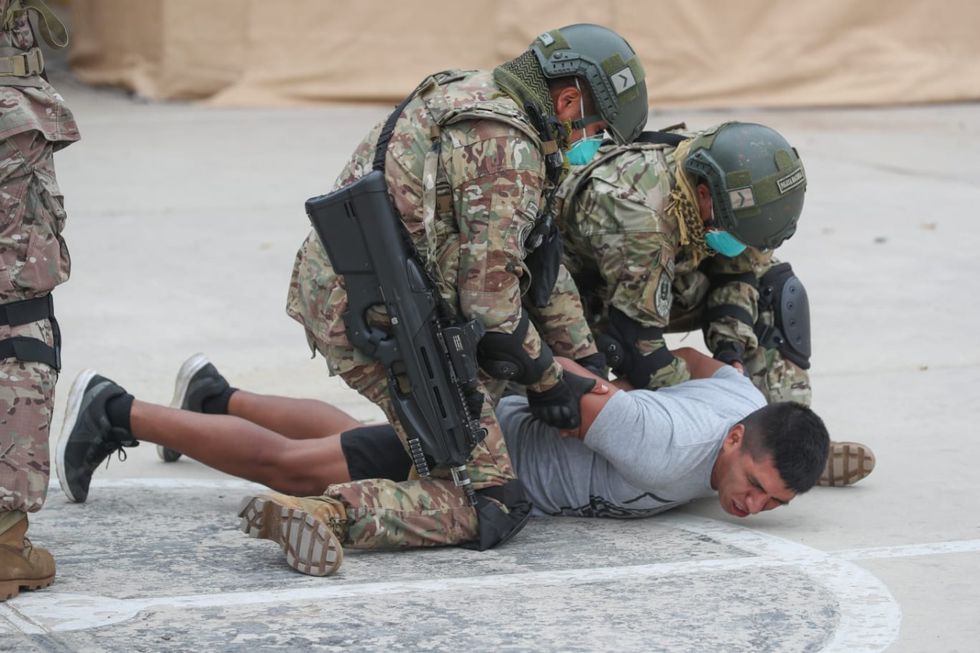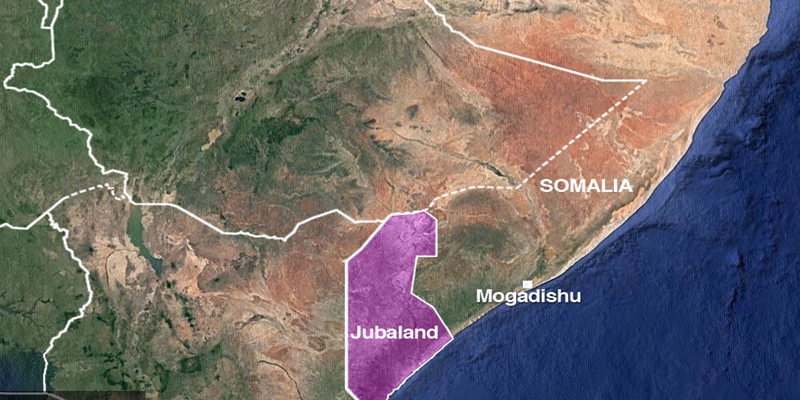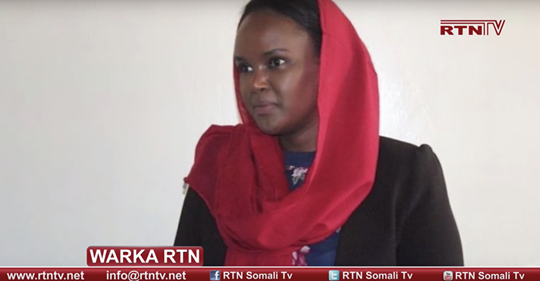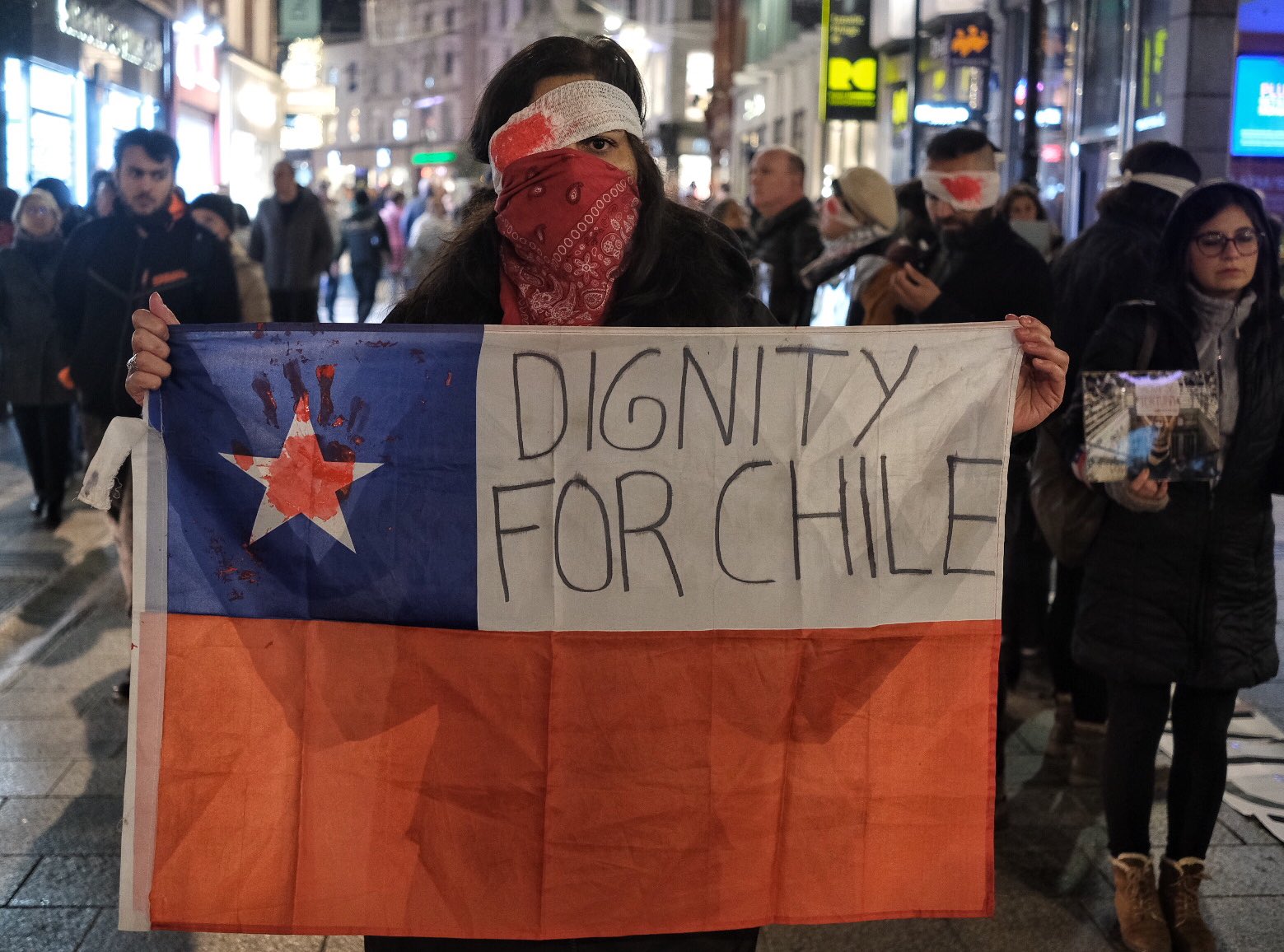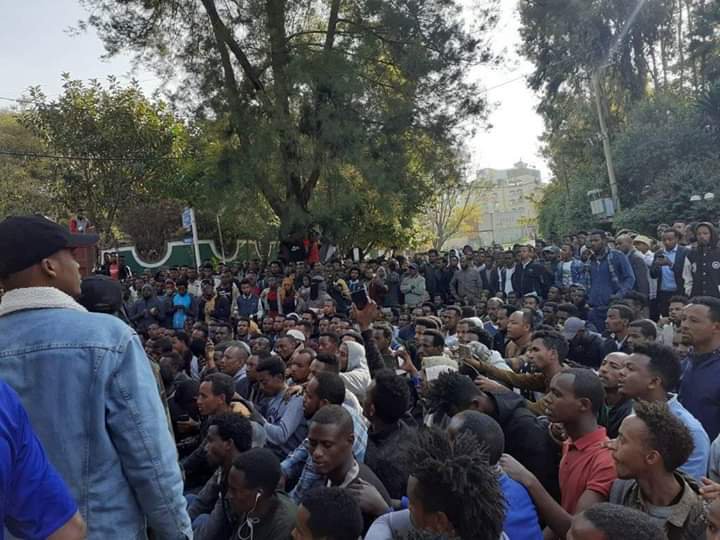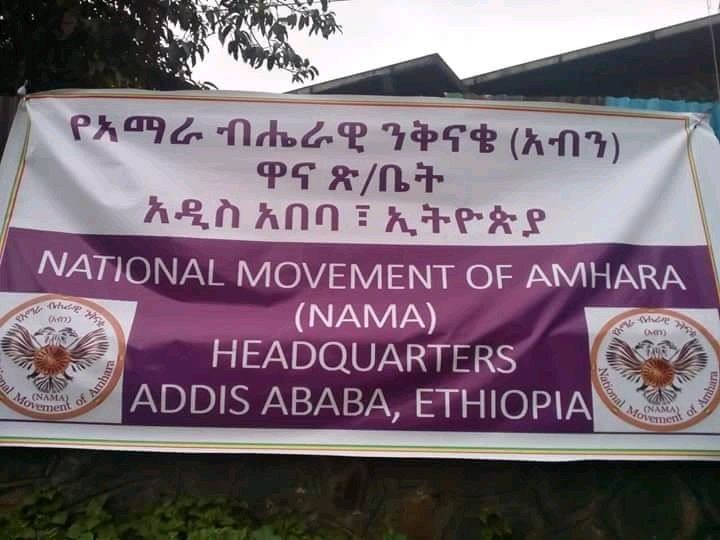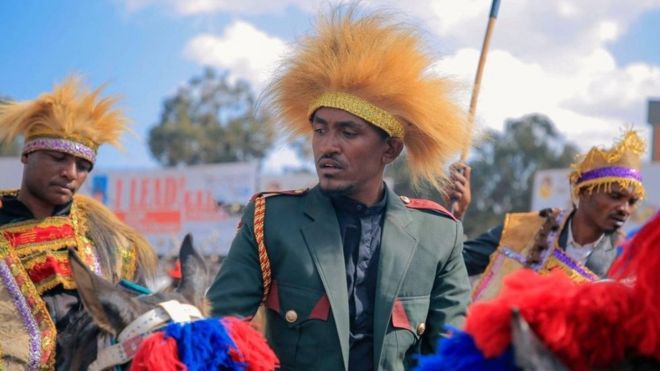
Ethiopia: slaying of musician sparks Oromo uprising
The military has been deployed in the Ethiopian capital amid a general uprising by the Oromo people that broke out after the assassination of a popular singer. Hachalu Hundessa, shot while driving on the outskrits of Addis Ababa, was an icon of the Oromo protest movement that has been mounting since 2015. His songs have been hailed as the “soundtrack of the Oromo revolution,” and he was named “Oromo Person of the Year” by cultural advocates in 2017. Two have been arrested in the killing, but rebellion continues to spread across Central Ethiopia. At least 80 have been killed and many detained. Oromo leader Jawar Mohammed is among those arrested. (Photo: DAGI Pisctures via BBC News)



